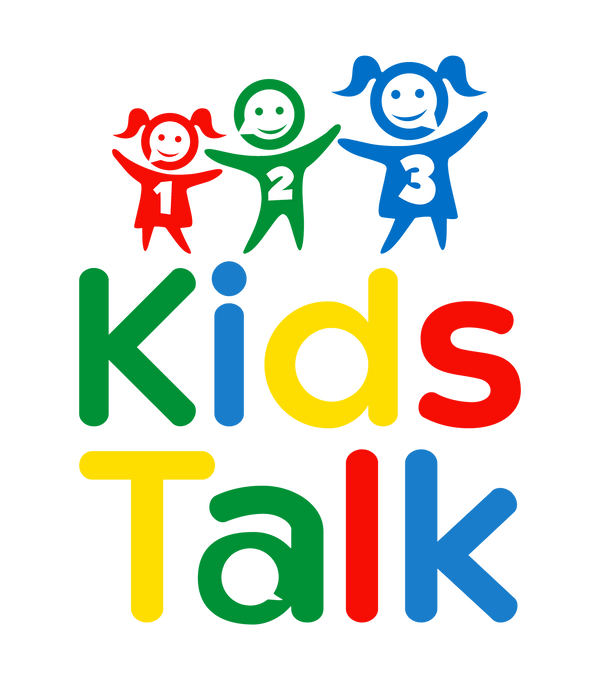Parent Education in Speech and Language Development is Essential
In the hustle and bustle of modern parenting, amidst the constant juggling of work, household chores, and the ever-present allure of digital devices, it's easy to overlook a crucial aspect of our child's development: their speech and language skills. We often assume that children will naturally acquire language, much like they learn to walk or eat. However, the reality is far more nuanced.
Complex skills must be intentionally developed
While the foundations of speech and language are indeed innate, the complexities of communication, the nuances of expression, and the ability to articulate complex thoughts are skills that require intentional nurturing and active parental involvement. In today's fast-paced, technology-driven world, where screens often replace face-to-face interactions, and where instant gratification is the norm, the importance of fostering our children's speech and language development cannot be overstated.
The Future Belongs to Master Communicators
We're raising children for a future that is rapidly evolving, a future where artificial intelligence and automation are reshaping industries and redefining the workplace. The jobs of tomorrow will demand more than just technical skills; they will require individuals who can think critically, communicate effectively, and collaborate creatively.
In a world where machines are taking over routine tasks, the ability to articulate complex ideas, to persuade, to negotiate, and to build meaningful relationships will be the key to success. By investing in your child's speech and language development today, you're equipping them with the tools they need to thrive in this dynamic landscape.
Early Intervention: A Key to Unlocking Potential
Research has consistently shown that early identification and intervention for speech and language difficulties can have a profound impact on a child's overall development.
Early intervention is not just about correcting problems; it's about unlocking your child's full potential. By recognising the early signs of speech and language delays and seeking professional guidance when needed, you're setting your child on a path towards academic success, social confidence, and emotional well-being.
Your Interactions: The Building Blocks of Language
Your everyday interactions with your child are the building blocks of their language development. The conversations you have, the stories you read, the songs you sing, and the games you play all contribute to their growing vocabulary, their understanding of grammar, and their ability to express themselves.
By being intentional about your interactions, by engaging in meaningful conversations, by asking open-ended questions, by narrating your every day activities and by encouraging your child to narrate their experiences, you're creating a language-rich environment that fosters communication skills.
Play: The Language of Childhood
Play is not just a pastime; it's a fundamental aspect of a child's development. Through play, children explore the world, learn social skills, and develop their language abilities.
Whether it's imaginative play, games with rules, or interactive activities, play provides countless opportunities for children to practice new words, to experiment with sentence structures, and to develop their storytelling skills.
Choosing the Right Toys: Catalysts for Play and Learning
Toys are not just objects; they are tools that can spark a child's imagination, encourage exploration, and promote language development. However, not all toys are created equal.
Toddlers need toys that are appropriate for their developmental stage, toys that challenge them without overwhelming them, and toys that encourage interaction and communication. By understanding your child's developmental needs and choosing toys that are both engaging and educational, you're providing them with the tools they need to learn and grow.
Navigating the Digital Age: Screen Time and Language Development
In today's digital age, screens are an unavoidable part of our lives. While technology can offer valuable educational opportunities, it's important to be mindful of its impact on our children's language development.
Passive screen time, such as watching videos or playing games, often lacks the interactive engagement that is essential for language learning. Instead, co-view educational content, and use technology as a tool for communication and learning, rather than a substitute for real-world interactions. The latest research is pointing to the fact that any screen time for toddlers is too much.
The Gift of Communication: Empowering Your Child for Life
Language is more than just words; it's the key to unlocking a world of possibilities. It's the foundation for academic success, social connection, and emotional well-being. By investing in your child's speech and language development, you're giving them the gift of communication, a gift that will empower them for life.
So, amidst the chaos of everyday life, take a moment to pause, to listen, to engage, and to celebrate the magic of language. Your child's future depends on it.

